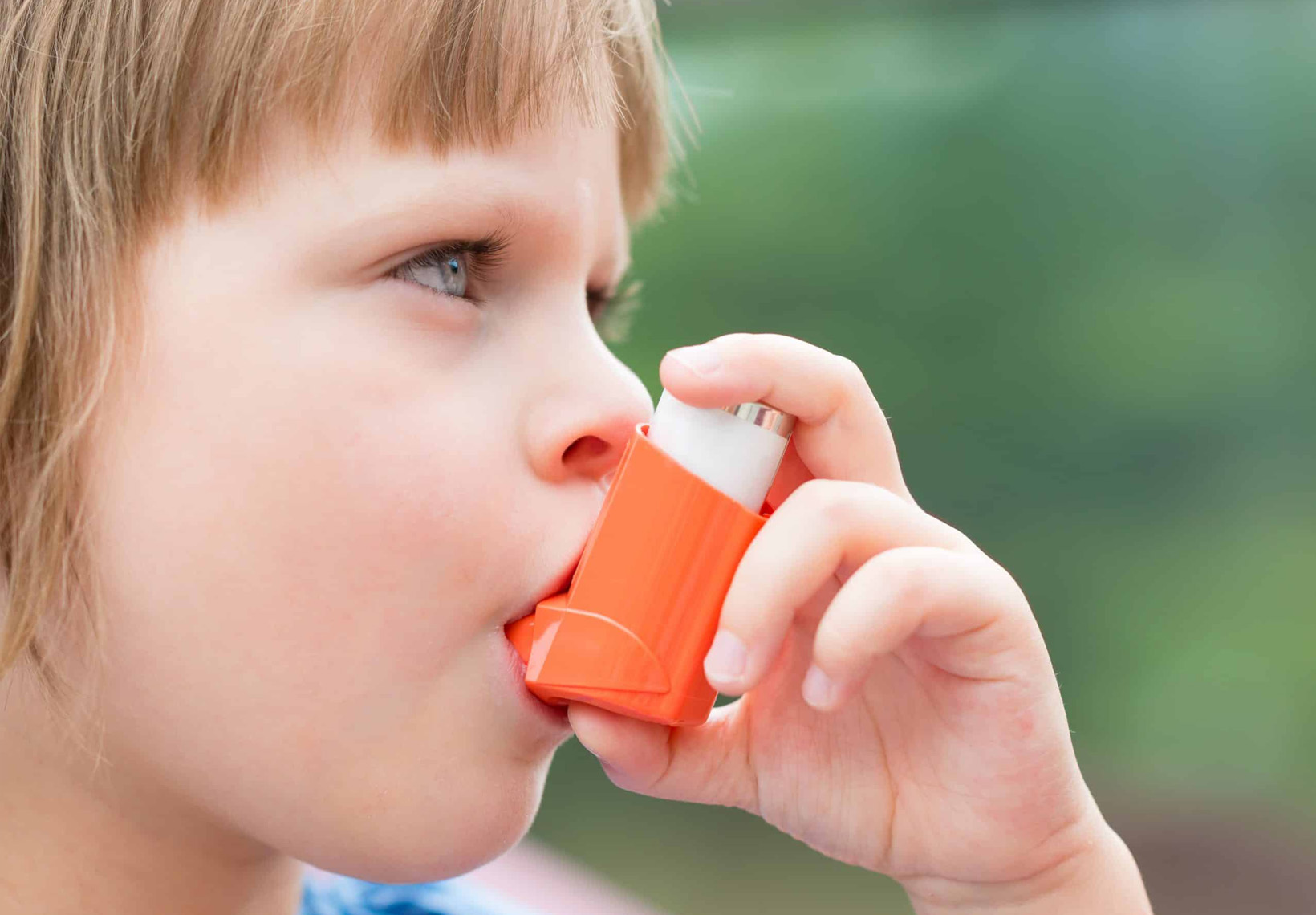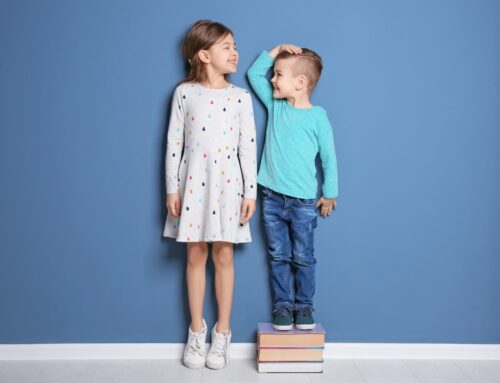This post was written by Robert Sporter, MD, Pediatric & Adult Allergist at ENT & Allergy Associates Fifth Avenue Office (28th/29th)
Coronavirus is on every family’s mind right now, but we are also being hit with a bad spring tree pollen season and the summer grass pollen is already on the rise. This year, every cough, sneeze, and sniffle is interpreted in the context of the COVID pandemic. In terms of differentiating allergy from coronavirus symptoms: allergies never cause fever whereas itchy nose, eyes, and throat are more characteristic of allergies. But, we are learning more about variations in symptoms across different patients, adults vs. kids, and some with COVID-19 don’t have any symptoms at all. This is where the context becomes most helpful. Allergies are typically chronic and occur from the same trigger fairly consistently. If it was allergies at the same time last year, then it’s probably allergies this year if the symptoms are similar. Conversely, if your 17-year-old has never had allergies, then they probably don’t have new ones this year. Of course, many of our lifestyles are modified this year. Families are staying in different places, perhaps in different regions, maybe with an unfamiliar pet, and spending more time indoors.
What about asthma?
Some children with allergies develop asthma, but many don’t. We typically diagnose asthma in school age children, because many infants and young children wheeze when they are sick but don’t develop asthma. There are some predictors of which kids will develop asthma when they are older. It’s important to remember that not all patients with asthma have severe symptoms. Some children are prescribed an asthma control medication, usually a separate inhaler that contains a mild steroid, to be taken every day. This may be used year-round, or only in certain seasons. It is important to be taking these medications exactly as prescribed, especially now. Asthma control medications do not increase the risk of catching or having more severe symptoms from Covid. In fact, keeping your child’s asthma under excellent control is especially critical to keeping them safe during this current pandemic.
What does this all mean for children with food allergies?
There are some aspects of the pandemic which are probably translating to fewer food reactions. Staying in and cooking at home are typically safer for patients with food allergies than dining out or getting food prepared at school or when visiting friends. However, the New York area will start to open up soon, and that may bring its own challenges. The FDA recently loosened guidance for manufacturers to temporarily substitute ingredients without making changes to the product label or nutrition information. These changes will probably be minor and specific direction was given in regards to common food allergens. Your favorite restaurant may also need to change ingredients in their menu, due to limited food supplies. So, when you head out to dinner in a couple months, remember to advise your server of any food allergies, and don’t be afraid to ask thorough questions. Lastly, never leave home without your injectable epinephrine device.
Robert Sporter, MD
- Pediatric & Adult Allergist at ENT & Allergy Associates Fifth Avenue Office (28th/29th)
- Fellow: American Academy and American College of Asthma, Allergy & Immunology
- Assistant Clinical Professor, Icahn School of Medicine at Mount Sinai




